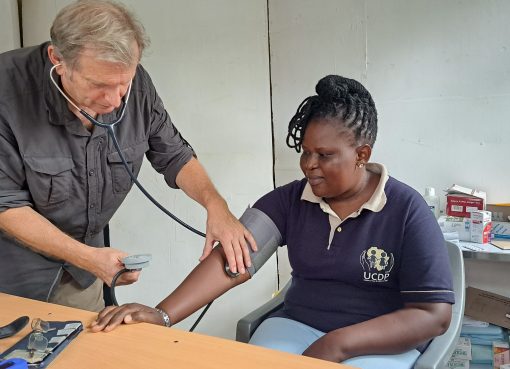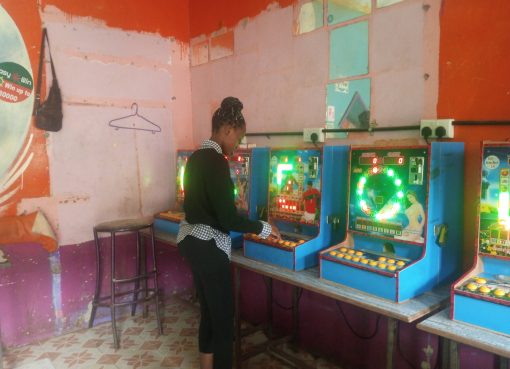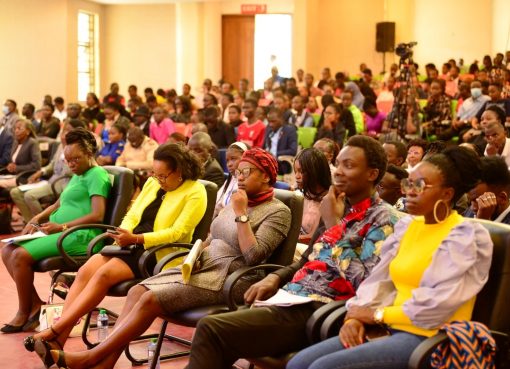Hundreds of Narok residents volunteered to participate in the public participation for the 2024/25 financial year and medium-term budget, where they gave views of their priority areas of development.
Among the areas prioritized for development in the county were Agriculture, trade, culture and Education sector which if well developed, will lift the standards of livelihood of the people.
One of the residents Mike Muntet asked the government to prioritize building wheat, maize and potato industries in the county as the area is rich in these crops production.
He said the industries will help in creating job opportunities for the many jobless young people and give good returns to the farmers.
Another resident Doris Lemain asked the government to build schools at a distance of 2.5 kilometers apart so as to contain school dropout and early marriages as the schools will be easily accessible.
Lemain said roads and bridges connecting to schools in the county should be prioritized for renovation to enable the young learners to get to school easily.
Narok County Commissioner Isaac Masinde, who led the residents, said public participation is an essential component of a healthy and vibrant society.
“We must acknowledge that inclusivity is the cornerstone of effective public participation. Today we have brought together people from all levels in the society including the marginalized, vulnerable, civil societies, religious leaders, heads of departments among others,” he said.
He said public participation enables stakeholders to engage in the planning stages, identify their social and developmental challenges as well as promoting inclusivity in the planning and budget making process.
The public participation forum was led by Franklin Macharia from the National Treasury who said the 2024/2025 and medium-term budget will continue to focus on the implementation of the bottom-up economic transformation agenda.
The Bottom-up economic model, he said, is geared towards economic turn around and inclusive growth that aims to increase investments in five sectors namely: Agriculture transformation, micro and small and medium enterprises, housing and settlement, health care and industries.
“Public participation enables openness, transparency and accountability in the budget making process. It provides a platform for effective communication, to give and receive feedback in an orderly manner,” he said.
By Ann Salaton





